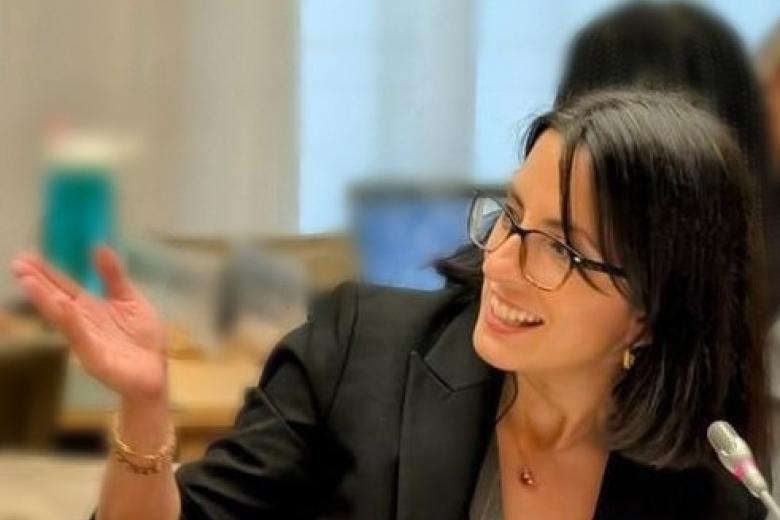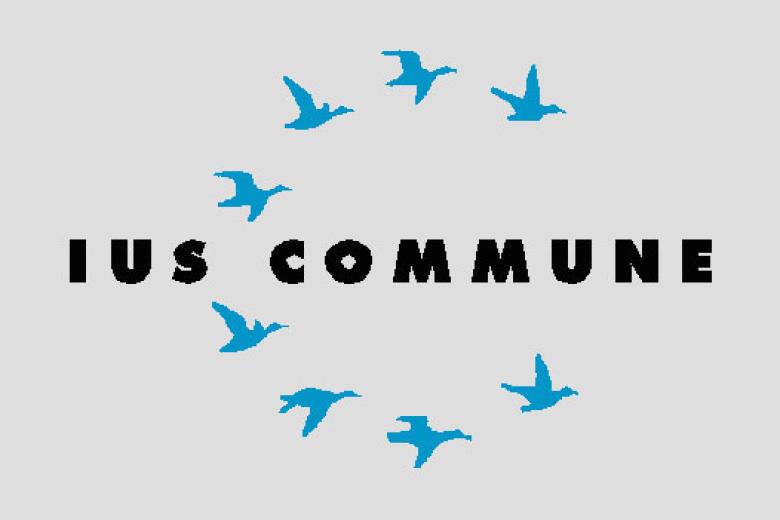A Global Plastics Treaty to “change humanity’s relationship with the planet''
“Change humanity’s relationship with the planet.'' Words of the President of Kenya, William Kipchirchir Samoei Arap Ruto, during the opening meeting of the third session of the Intergovernmental Negotiating Committee.
Midway the negotiations on a Global Plastics Treaty, the third round of negotiations ended with a complex revised zero draft text and no agreement on intersessional work. What happened and how to move forward?
The way to Nairobi
Plastic pollution is one of the main crises of our time that affects our oceans and land, biodiversity, and human health. Plastic production has increased more than 200% in the last decade, and the UN estimates that approximately 75% of all plastic produced since 1950 has become waste, showing that the world produces and consumes more plastic than it can properly recycle.
Countries have agreed to address this problem. In March 2022, the United Nations Environment Assembly (UNEA) unanimously adopted a resolution calling for the negotiation of an international legally binding instrument to end plastic pollution in marine and other environments (the Global Plastics Treaty). The resolution provides for the inclusion of binding and voluntary approaches, based on a comprehensive approach that addresses the full lifecycle of plastic, including circular economy approaches. Later that year, in November 2022, negotiations started under the format of an Intergovernmental Negotiating Committee (INC), with the ambition to carry out five negotiating rounds and conclude them with the signature of the agreement by the end of 2024.
In early September 2023, after the first two rounds of negotiations, the “Zero draft text,” prepared by the INC Chair, Peru, and the Secretariat, was published. It includes different scenarios for the proposed obligations: from binding measures to reduce plastic production and clear control measures – Montreal Protocol-style – to voluntary measures or actions subjected to national determined obligations – Paris Agreement-style.
INC-3: high expectations resulting in a complex revised draft
The third negotiation round – INC-3 – took place this year from 13 to 19 November in Nairobi, Kenya. Members were expected to accept the Zero Draft text as a basis for negotiating and start discussing substantive provisions. Before the formal start of the negotiations, on 11 November, Members met for a preparatory meeting in which they discussed elements that were not yet addressed at INC-2, nor included in the draft text, such as principles for the treaty, its scope, and its institutional arrangements). The discussion already illustrated the complication and differences in viewpoints across countries.
For instance, regarding the scope of the agreement, several delegations argued that it is already determined by the UNEA Resolution, which demands a full lifecycle approach, while other delegations opposed regulations on the beginning of the lifecycle, that is raw material extraction, arguing that plastics begins at polymers stage. A third group denominated the ‘Like-minded group’ – led by Russia, Saudi Arabia, Iran and China – maintained that the treaty’s aim is to tackle plastic pollution; consequently, it should only regulate the end of the lifecycle – plastic waste management – and not production and commercialization of plastics. While not aligning with this third group, the United States pointed out concerns if the scope expands beyond plastic pollution and indicated that exceptions might be needed if the upstream part of plastics value chain is regulated by the treaty.
Another topic discussed was the treaty’s institutional arrangements. Some delegations proposed the establishment of a governing body in the format of a Conference of the Parties (COP) with capacities and functions similar to the Basel, Stockholm and Minamata conventions. In contrast, others pointed to the preference for the governing body to establish its own procedural and decision-making rules. Moreover, some delegations proposed mandatory monitoring and reporting provisions, and the establishment of an implementation and compliance committee, while others advocated for an implementation committee, leaving compliance within national authorities.
The third session officially started on Monday, 13 November, with disagreement over accepting the Zero Draft text as the basis for negotiating, since some delegations, including those of the ‘Like-minded group,’ considered it unbalanced for not reflecting the views of all the Members. Fortunately, during the second day of the negotiations, delegations agreed to divide the work in three different contact groups with clear mandates, and to produce an updated draft text that includes the views of all the Members and that could serve as a working draft text for INC-4. During the following days, discussions advanced in each contact group, and delegations presented more than 500 written submissions. The issue of just transition, technology transfer, capacity building and technical assistance, and the financing mechanism to fund these activities were part of the main messages conveyed by developing economies from the Group of Latin America and the Caribbean, the African Group and the Alliance of Small Island States.
Most of the substantive and technical discussions – on issues such as chemicals and polymers of concern – were pushed back to INC-4 – which will take place in Ottawa, Canada during April 2024 – since Members identified the need for more scientific and technical information to address these issues. Although the Co-facilitators of the contact groups and the Secretariat tried to have a balanced revised Zero Draft text, the result is a complex and, in some parts, repetitive text – with some provisions containing up to 23 alternative proposals.
The way forward
While no agreement was reached on a mandate for intersessional work, countries will have to make huge efforts during the intersessional period to reach INC-4 with a more digestible text and a better understanding of key issues. The outgoing INC Chair (Peru), Gustavo Meza-Cuadra, quoted Nelson Mandela at the end of his closing speech: "Sometimes it falls upon a generation to be great. You can be that generation." May those words inspire countries to work towards an inclusive and effective arrangement whereby all relevant actors cooperate to end one of the main crises of our time: plastic pollution.
M.B. Gracia
Belén Gracia is a PhD Candidate at Maastricht University, Faculty of Law. Her research explores the intersection between international law and an inclusive circular economy in plastics. Her PhD is under the supervision of Prof. Dominic Coppens, Dr. Iveta Alexovičová and Dr. André Nunes Chaib.

-
Known Unknowns: A Macro-Meso-Micro Socioeconomic Approach to Uncover the Dark Number of Victims of Human Trafficking for the Purpose of Labour Exploitation
These last few weeks, Minister Paul of Social Affairs and Employment of the outgoing cabinet has been in the news for unilaterally deciding no longer to gradually phase out the Dutch regulation that allows temporary employment agencies to deduct a quarter of the minimum wage from migrant workers...

-
The Decennial Jubilee of Ius Commune in the Making
On 27 November 2025, the tenth edition of the workshop series on Ius Commune in the Making took place within the 29th Ius Commune Conference organised by the University of Amsterdam. This blog entry reproduces a public address by one of the members of the organising committee of that workshop series...

-
Overriding Mandatory Rules in International Arbitration: Balancing Business Freedom and State Interests
Imagine two companies from different countries enter a business deal. They pick a neutral country’s law to govern their contract and agree to arbitrate any disputes, thinking they can sidestep each other’s national courts. But what if one country’s law absolutely prohibits something in the deal –...
